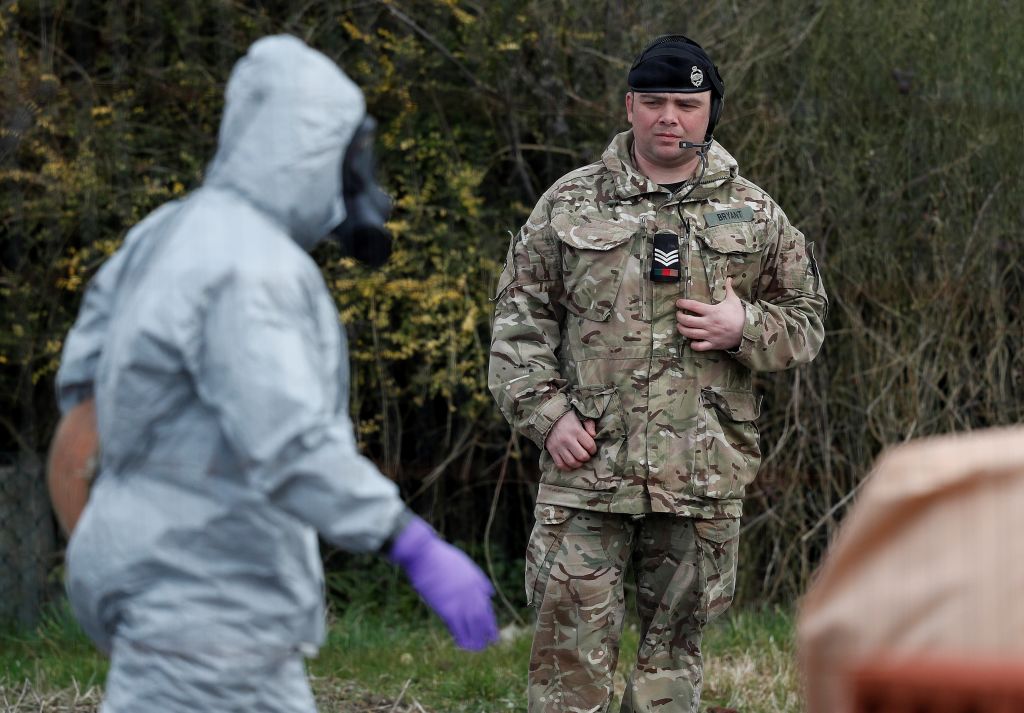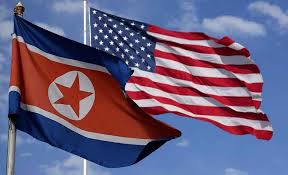(IISS) For an autocrat, winning the election is the easy part. Barring an extraordinary turn of events, Vladimir Putin will be re-elected on 18 March for his fourth term in the Russian presidency (and his fifth atop the country’s political hierarchy). The challenges facing him from 19 March onwards, however, are greater than anything he has encountered over the course of the campaign. The challenges facing Western leaders seeking to manage the relationship with Russia, meanwhile, are greater still.
Contrary to the conventional wisdom, the problems Putin will face in his latest six-year term of office are not fundamentally economic. Rather, his task will be to manage expectations and competition within the political elite, seeking to maintain control and advantage as other players turn their attention to 2024 and the question of succession. This will, if anything, make the Kremlin even less predictable than it is now, much to the consternation of Western leaders – particularly in Europe – who have been hoping for a gradual dialling down of tensions and a pathway towards greater strategic stability.
Their task, then, will be to devise a system of positive and negative incentives powerful enough to alter the cost-benefit analysis in Moscow. The apparent use of a Russian weapons-grade nerve agent in Salisbury, while creating challenges of its own, may actually provide an important opportunity for Europe in particular to alter the terms of engagement. […]
Read More © International Institute for Strategic Studies (IISS)











